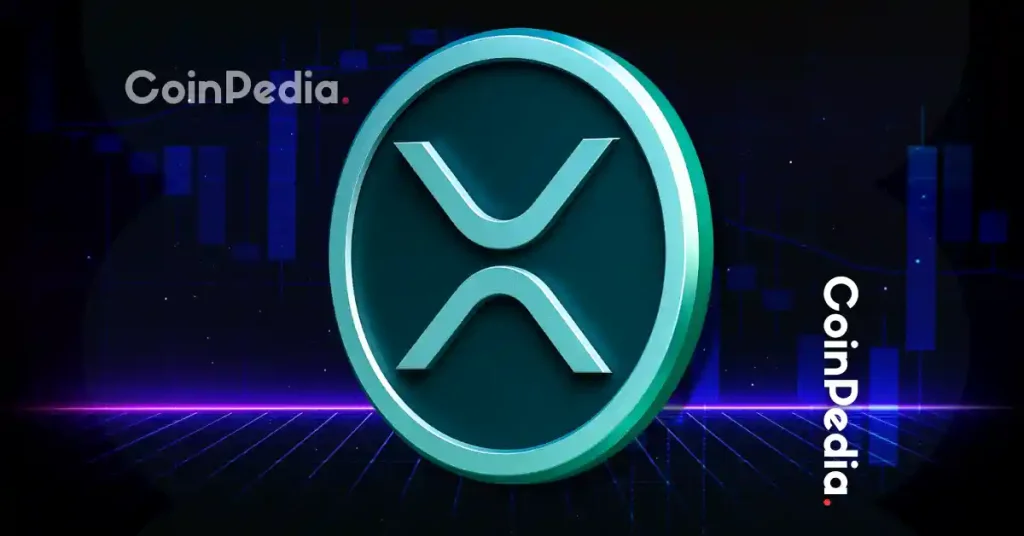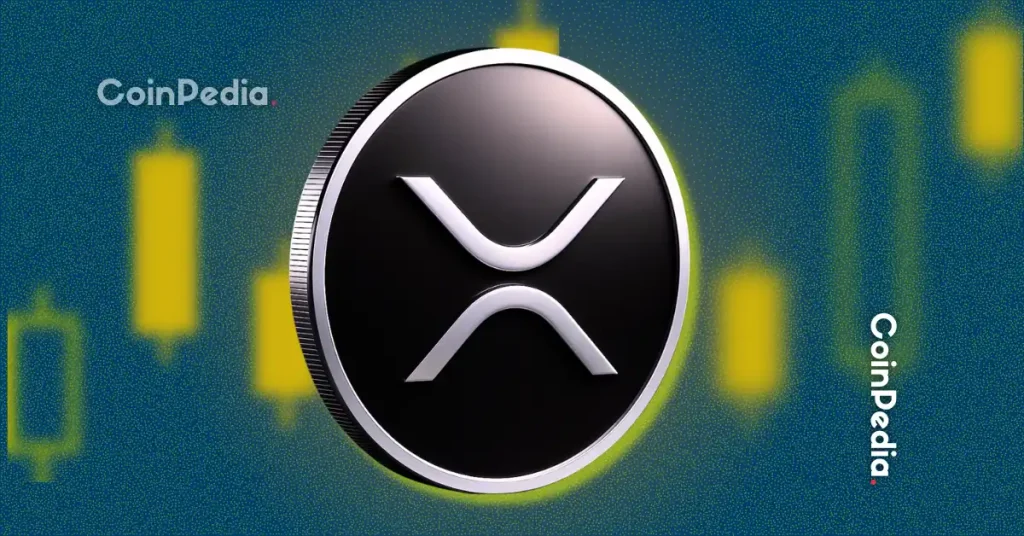VanEck has filed an S-1 registration statement with the US Securities and Exchange Commission (SEC) for the “VanEck Lido Staked ETH ETF.” This fund will provide investors with regulated exposure to Ethereum staked via the Lido protocol (stETH).
The VanEck Lido Staked ETH ETF closely mirrors Ethereum’s staking economics while maintaining daily liquidity and transparent on-chain backing.
For ETF issuers, liquid staking eliminates the need to hold idle ETH for redemptions. This is because stETH can be redeemed or traded without Ethereum withdrawal delays, issuers can manage creations and redemptions more efficiently while maintaining continuous exposure to Ethereum’s staking economy.
VanEck’s filing becomes the first US ETF referencing stETH
If approved the ETF will hold stETH, benefiting from its extensively audited smart contracts, deep secondary-market liquidity, and integrations with leading custodians and exchanges.
It will also give institutional investors a compliant, tax-efficient way to gain Ethereum staking exposure within a regulated investment structure. It will become the first US ETF referencing stETH.
“The filing signals growing recognition that liquid staking is an essential part of Ethereum’s infrastructure. Lido protocol’s stETH has shown that decentralization and institutional standards can coexist, providing a foundation the broader market can build on,” said Kean Gilbert, Head of Institutional Relations at Lido Ecosystem Foundation.
Since launch, staking users have earned more than $2 billion in staking rewards through the Lido protocol, which today has a total value locked of nearly $40 billion.
The filling comes after the SEC’s Division of Corporation Finance clarified that standard liquid staking activities including issuance, redemption, and secondary trading of staking receipt tokens do not constitute securities transactions when conducted within administrative and ministerial parameters.
This guidance provided a clearer foundation for regulated products referencing liquid staking tokens like stETH. It confirms that staking receipt tokens, though evidencing ownership of deposited assets, are not securities because the underlying assets themselves are not securities.
VanEck Lido Staked ETH ETF joins the wait
The ongoing US government shutdown has become the longest in the country’s history. This period is way longer than typical federal closures, creating major delays across key financial and regulatory functions. In fact, according to Kalshi data, there is a 53% chance that it could extend beyond 42 days.
To that end, the SEC has paused several ongoing processes. Between October 18 and 25, six XRP ETF proposals are awaiting review. VanEck has applied for a Lido-issued Ethereum ETF, while 21Shares filed for a 2x leveraged HYPE ETF. Several new altcoin-backed and leveraged ETF proposals also joined the wait last week.
The longer the shutdown continues, the longer these filings will remain pending. However, analysts expect that once the government reopens, the SEC will move quickly to process the backlog of ETF filings. This could create renewed activity in the crypto market and drive higher trading volumes for altcoins.
Meanwhile, Charles Schwab has reported a sharp rise in crypto engagement among its clients. Around 20% of Schwab clients now hold US listed crypto ETFs. Website traffic to its crypto portal also increased by 90% in the past year.
Global institutions expand staking
This month institutions have shown interest in staking. Today, Sygnum Bank Middle East has announced the launch of Sygnum Validators, a new institutional-grade staking service operated from Abu Dhabi Global Market (ADGM).
The initiative introduces regulated, non-custodial staking infrastructure for blockchain networks, allowing eligible token holders to delegate assets securely while maintaining full self-custody.
Additionally, the a16z Jito investment has announced a push to expand liquid staking and improve validator efficiency on Solana. Blockdaemon, a blockchain infrastructure firm has also announced its plans to expand its offerings with the launch of the Earn Stack.
Also, as recently reported by Cryptopolitan, Grayscale Investments introduced spot crypto exchange-traded funds in the US with a staking feature.
If you're reading this, you’re already ahead. Stay there with our newsletter.
















 English (US)
English (US)